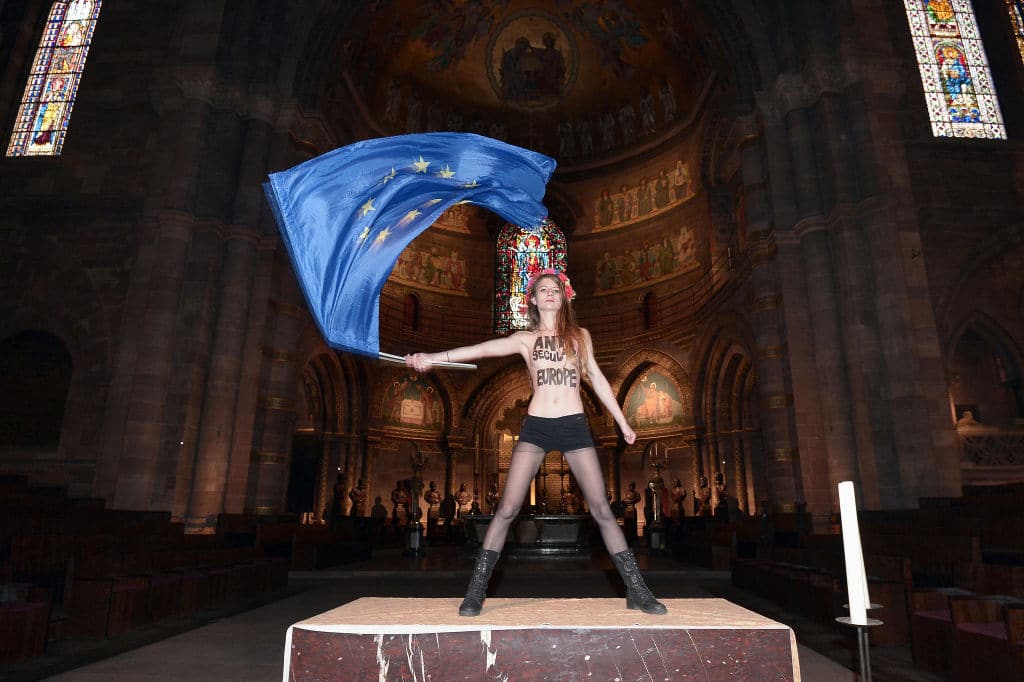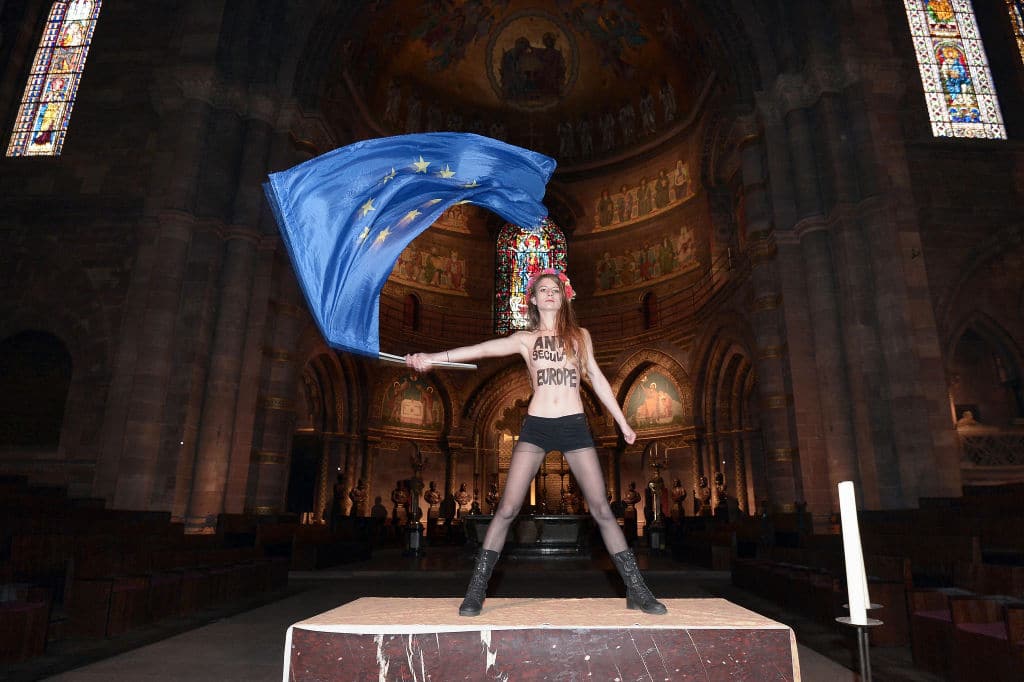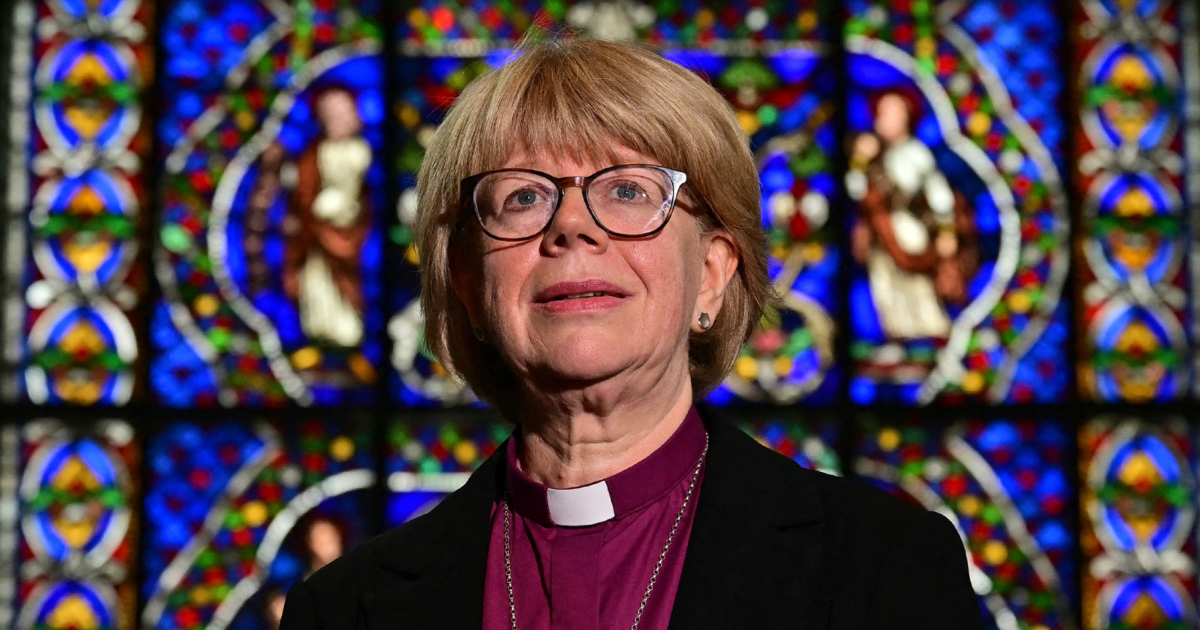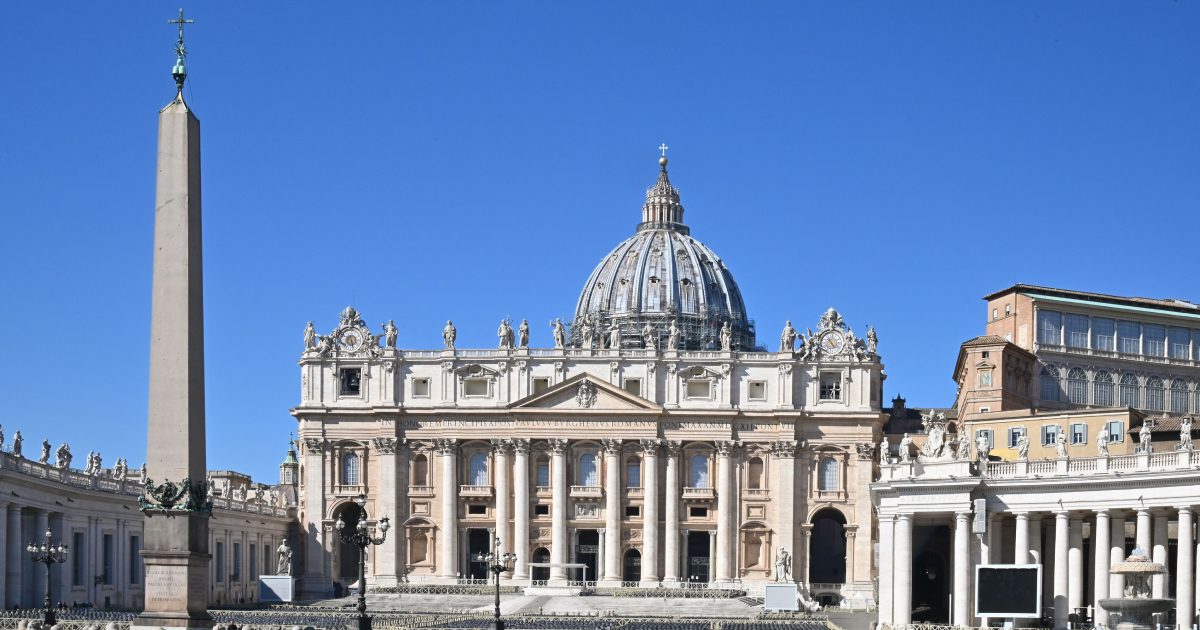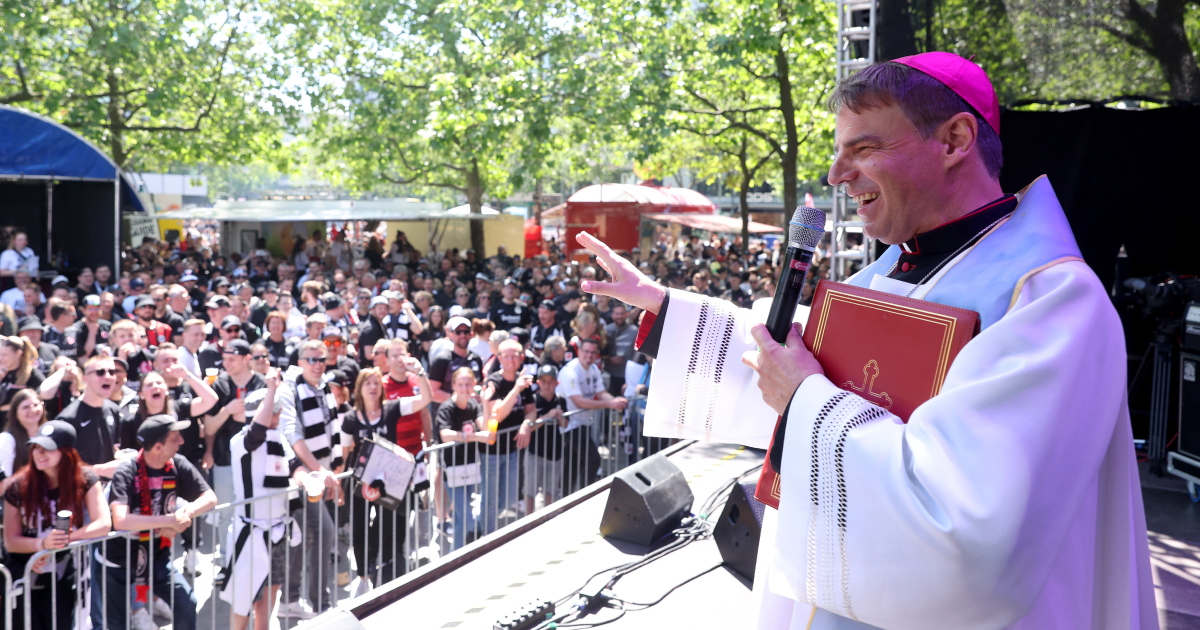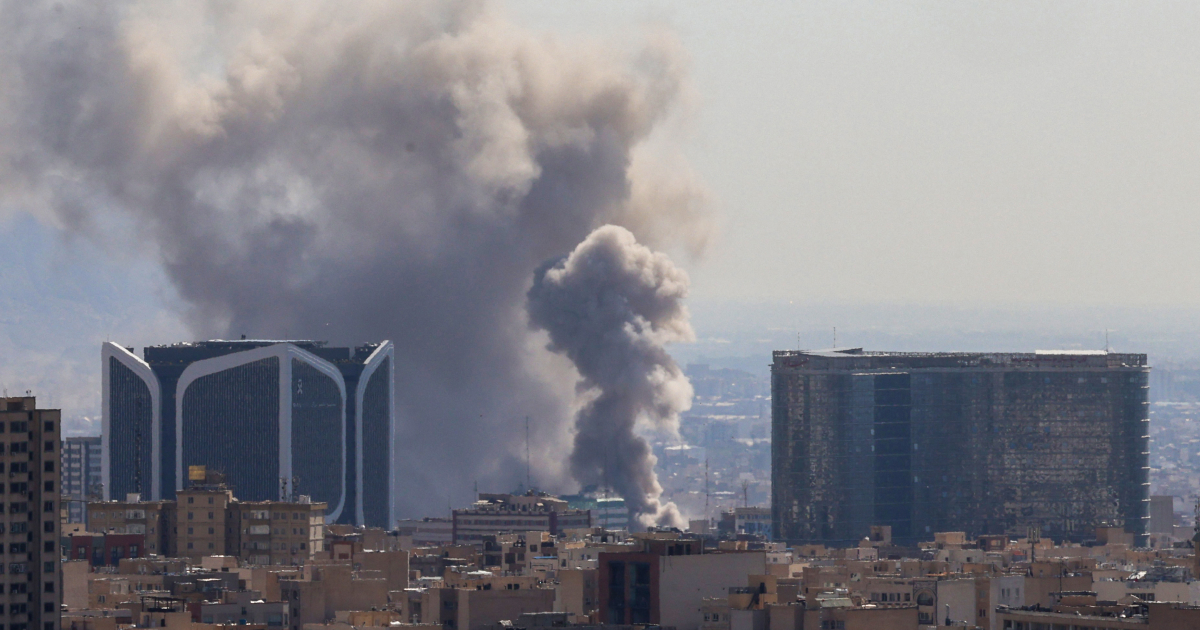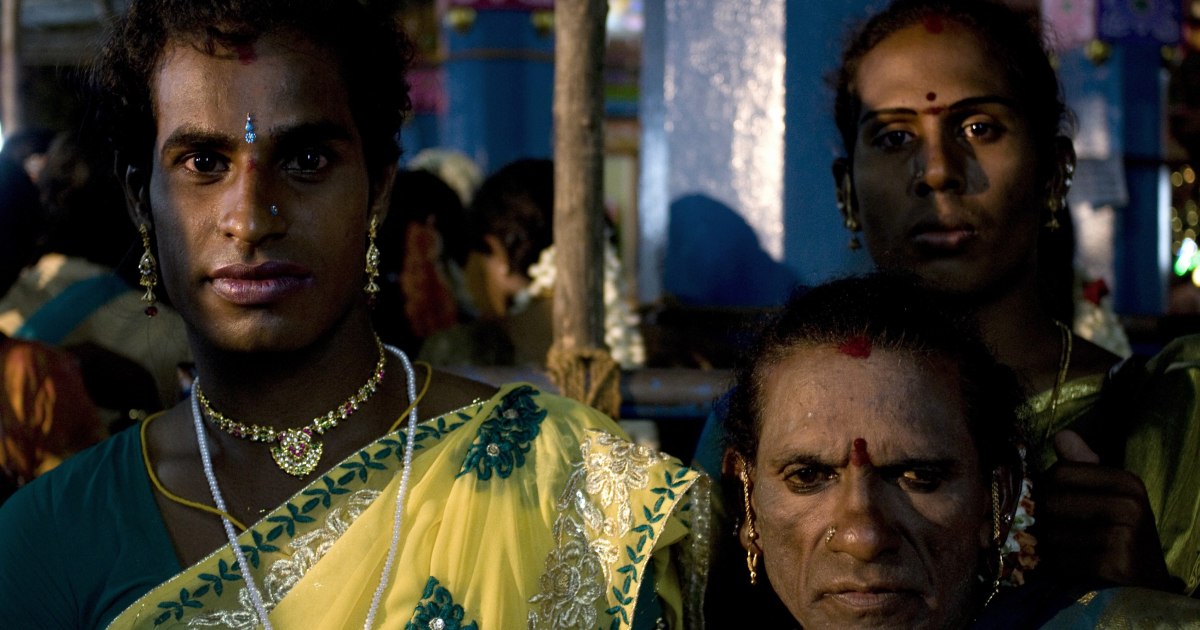The European Union is being called on by Catholic religious leaders to address its lack of representation when it comes to dealing with anti-Christian hatred in its member states.
The Commission of the Bishops’ Conferences of the European Community (COMECE) – the body that officially represents the Catholic Church to the European Union (EU) – has called on the EU to appoint a coordinator for the fight against anti-Christian hatred in the same way it already employs coordinators to combat hate and persecution directed against Jews and Muslims, reports the Catholic News Agency (CNA).
“The time is mature for the appointment of an EU coordinator on combating anti-Christian hatred in Europe,” Alessandro Calcagno, an adviser to the bishops on fundamental rights, said during a speech at the European Parliament on 4 December.
“It is not a question of 'victimism' but equal access to tools of protection,” Calcagno said.
He also addressed the tendency to see things only through the prism of protecting faith communities that are religious minorities, explaining that the right to freedom of religion, as well as provisions to fight against discrimination on the grounds of religion, needs to be applied to all religions, regardless of size.
“It is necessary to break the ‘majorities vs. minorities’ dynamic that underpins the approach of certain actors and policymakers,” Calcagno said.
Appointing such a coordinator for anti-Christian animus was but one of the priorities that Calcagno, on behalf of the European bishops, outlined in relation to the wider issue and exercise of religious freedom in the EU.
“Too often, freedom of religion is depicted as a ‘problematic’ right, and its collective dimension, compared with its individual dimension, is neglected,” the rights adviser said, adding that there is a “need to ensure equal protection to all dimensions of this core fundamental right, including the institutional one”.
The need to protect places of worship as well as better integrate the defence of religious freedom into EU policies was also addressed during the event at the European Parliament.
The past decade has seen a growing trend of church fires around Europe, especially in France. Many such incidents, like the recent case in Saint-Omer, have been either suspected or confirmed arson attacks – frequently committed with anti-religious or with what appear Islamist motivations.
In 2021 the French Ministry of the Interior released a report about crimes classified as anti-religious in France. In all, there were 1,659 such acts of which 857 were categorised as anti-Christian. 589 were logged as anti-Semitic and 213 as anti-Muslim.
In 2022, the European Commission (EC) was confronted by Virginie Joron, 50, Member of the European Parliament, for ignoring “anti-Christian hatred… burning churches”. The formal challenge that was submitted documented how in 2020 there were 613 attacks on Christian places of worship, 80 on Muslim places of worships and 38 on Jewish places of worship.
In 2023, the Observatory on Intolerance and Discrimination against Christians in Europe (OIDAC) published a report detailing the sharp increase in what it described as “anti-Christian hate crimes”.
It noted a 44 per cent rise in the previous 12 months, while highlighting that this aggression is not just physical – such as assaults or the desecration of churches – but also ideological, in the form of “violations of freedom of religion, expression, association, and conscience”.
RELATED: Why does Europe ignore the crimes committed against Christianity?
Photo: A topless activist from the women's rights group Femen waves an EU flag inside the Cathedral of Strasbourg during a protest against the Pope's visit to the European Parliament, France, 24 November 2014. The group reportedly regarded Pope Francis's 25 November visit to the European Parliament as an attack on secular principles. (Photo by FREDERICK FLORIN/AFP via Getty Images.)
The European Union is being called on by Catholic religious leaders to address its lack of representation when it comes to dealing with anti-Christian hatred in its member states.
The Commission of the Bishops’ Conferences of the European Community (COMECE) – the body that officially represents the Catholic Church to the European Union (EU) – has called on the EU to appoint a coordinator for the fight against anti-Christian hatred in the same way it already employs coordinators to combat hate and persecution directed against Jews and Muslims, <a href="https://angelusnews.com/news/world/church-european-union-hate/"><mark style="background-color:rgba(0, 0, 0, 0)" class="has-inline-color has-vivid-cyan-blue-color">reports</mark></a> the <em>Catholic News Agency (CNA)</em>.
“The time is mature for the appointment of an EU coordinator on combating anti-Christian hatred in Europe,” Alessandro Calcagno, an adviser to the bishops on fundamental rights, said during a <a href="https://www.comece.eu/comece-at-the-european-parliament-calls-for-the-establishment-of-an-eu-coordinator-on-combating-anti-christian-hatred/" target="_blank" rel="noreferrer noopener"><mark style="background-color:rgba(0, 0, 0, 0)" class="has-inline-color has-vivid-cyan-blue-color">speech</mark></a> at the European Parliament on 4 December.
“It is not a question of 'victimism' [adopting a victim mentality] but equal access to tools of protection,” Calcagno said.
He also addressed the tendency to see things only through the prism of protecting faith communities that are religious minorities, explaining that the right to freedom of religion, as well as provisions to fight against discrimination on the grounds of religion, needs to be applied to all religions, regardless of size.
“It is necessary to break the ‘majorities vs. minorities’ dynamic that underpins the approach of certain actors and policymakers,” Calcagno said.
Appointing such a coordinator for anti-Christian animus was but one of the priorities that Calcagno, on behalf of the European bishops, outlined in relation to the wider issue and exercise of religious freedom in the EU.
“Too often, freedom of religion is depicted as a ‘problematic’ right, and its collective dimension, compared with its individual dimension, is neglected,” the rights adviser said, adding that there is a “need to ensure equal protection to all dimensions of this core fundamental right, including the institutional one”.
The need to protect places of worship as well as better integrate the defence of religious freedom into EU policies was also addressed during the event at the European Parliament.
The past decade has seen a growing trend of church fires around Europe, especially in France. Many such incidents, like the <a href="https://catholicherald.co.uk/another-historic-church-goes-up-in-flames-in-france-suspect-arrested/"><mark style="background-color:rgba(0, 0, 0, 0)" class="has-inline-color has-vivid-cyan-blue-color">recent case in Saint-Omer</mark></a>, have been either suspected or confirmed arson attacks – frequently committed with anti-religious or with what appear Islamist motivations.
In 2021 the French Ministry of the Interior released <a href="https://www.vie-publique.fr/en-bref/284419-actes-racistes-et-antireligieux-des-chiffres-en-hausse-en-2021"><mark style="background-color:rgba(0, 0, 0, 0)" class="has-inline-color has-vivid-cyan-blue-color">a report</mark></a> about crimes classified as anti-religious in France. In all, there were 1,659 such acts of which 857 were categorised as anti-Christian. 589 were logged as anti-Semitic and 213 as anti-Muslim.
In 2022, the European Commission (EC) was <a href="https://www.europarl.europa.eu/doceo/document/E-9-2022-000098_EN.html"><mark style="background-color:rgba(0, 0, 0, 0)" class="has-inline-color has-vivid-cyan-blue-color">confronted</mark></a> by Virginie Joron, 50, Member of the European Parliament, for ignoring “anti-Christian hatred…[and] burning churches”. The formal challenge that was submitted documented how in 2020 there were 613 attacks on Christian places of worship, 80 on Muslim places of worships and 38 on Jewish places of worship.
In 2023, the Observatory on Intolerance and Discrimination against Christians in Europe (OIDAC) published a report detailing the sharp increase in what it described as “anti-Christian hate crimes”.
It noted a 44 per cent rise in the previous 12 months, while highlighting that this aggression is not just physical – such as assaults or the desecration of churches – but also ideological, in the form of “violations of freedom of religion, expression, association, and conscience”.
<a href="https://catholicherald.co.uk/why-does-europe-ignore-the-crimes-committed-against-christianity/"><mark style="background-color:rgba(0, 0, 0, 0)" class="has-inline-color has-vivid-cyan-blue-color"><strong><em>RELATED: Why does Europe ignore the crimes committed against Christianity?</em></strong></mark></a>
<em>Photo: A topless activist from the women's rights group Femen waves an EU flag inside the Cathedral of Strasbourg during a protest against the Pope's visit to the European Parliament, France, 24 November 2014. The group reportedly regarded Pope Francis's 25 November visit to the European Parliament as an attack on secular principles. (Photo by FREDERICK FLORIN/AFP via Getty Images.)</em>





